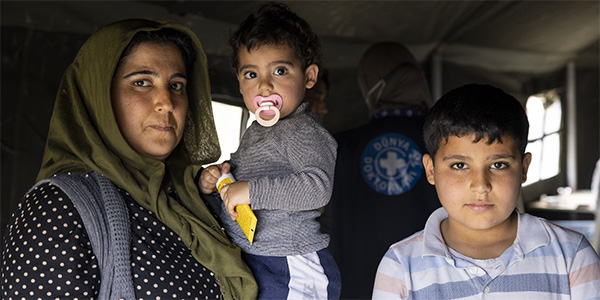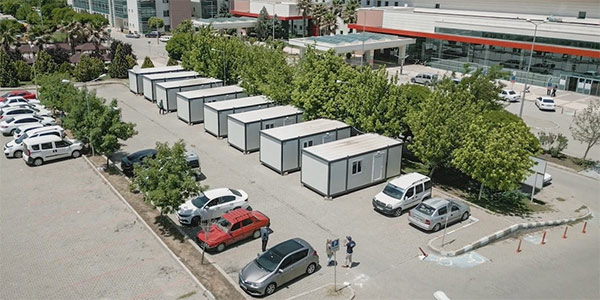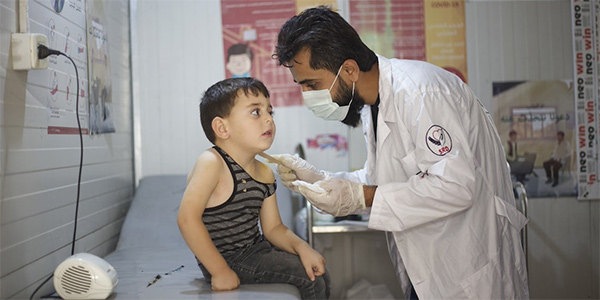|
|
|
Friend, it's now been over a year since a series of earthquakes struck Türkiye and Syria. It was the most devastating natural disaster to hit the region in modern history. Project HOPE immediately swung into action to save lives. We stayed to ensure children and families have more of the care they need into the future.
This is all possible because of people like you who don't think twice about helping when lives are on the line — no matter who they are or where they live. Thank you.
We want you to know the full impact of our work. Project HOPE delivered 29 tons of badly needed medical supplies and distributed 28,000 hygiene kits, 39 infant incubators, 30 oxygen cylinders and seven generators. In total, our partners conducted more than 40,000 medical and mental health and psychosocial support consultations.
After meeting the most urgent needs, we pivoted to work on Türkiye and Syria’s long-term recovery. This included installing 50 Solar Water Chlorination Systems (SWCS) to ensure more than 37,000 people living in formal and informal settlements had clean water. In total, Project HOPE and partners reached more than 500,000 people across southern Türkiye and northwest Syria in the first 12 months of their recovery.
|
|
 |
|
In a medical tent run by Project HOPE’s partners, Basak (pictured above) received free medicines to help treat the skin issues her four children had from having to live in a tent. The care this tent provided was a critical resource to survivors as hospitals were overwhelmed.
|
|
|
 |
|
One of the biggest needs in the aftermath of the earthquake was shelter for health care workers whose homes had been destroyed or were no longer safe. Project HOPE provided 70 housing containers to provide immediate safe shelter.
60 containers were placed next to hospitals and social care centers to house doctors, nurses, social workers and their families, while the other 10 were placed at a women’s and girls’ safe space. Now a year after the earthquake, more than 170 people are still residing in these containers.
In Syria, we collaborated with local partners to get medical, mental health and psychosocial support to thousands of people. This support made medical care more accessible for people impacted by the earthquake, but also those affected by the conflict that has persisted inside Syria for more than a decade.
|
|
 |
|
Khaled, age 4, received treatment for a shrapnel wound at a primary health care center supported by Project HOPE in Syria. Our earthquake response has strengthened the health system to better provide care for children and families long into the future.
|
|
|
|
|
| |
|
|
| |
|
|